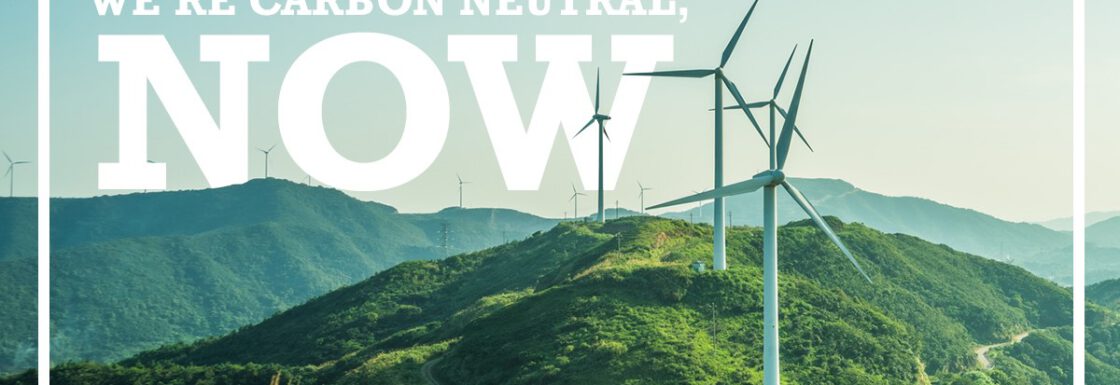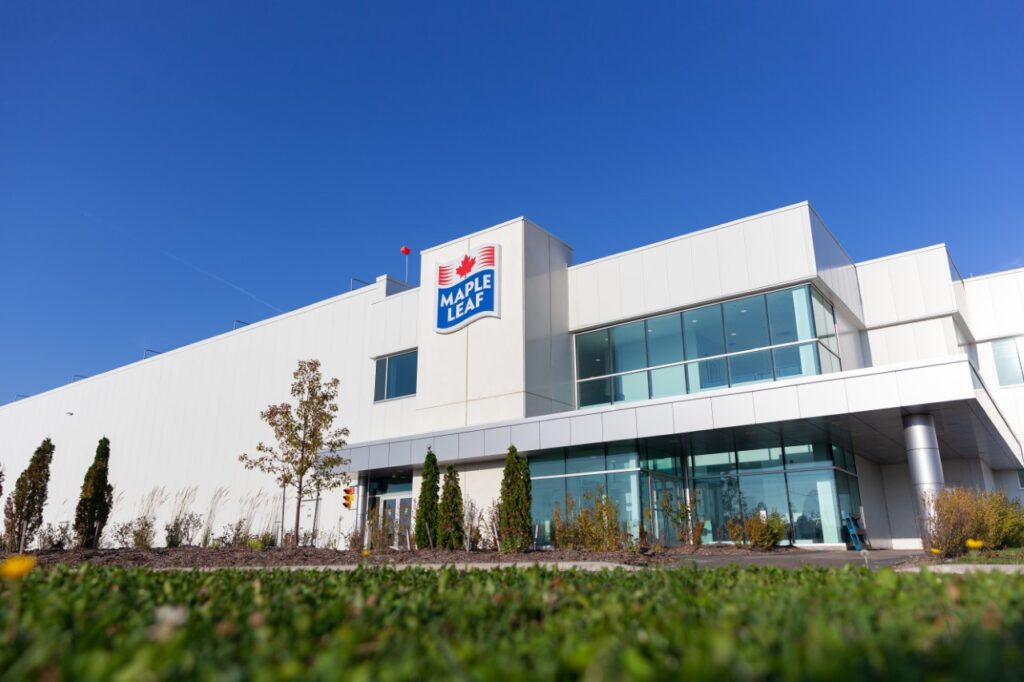World’s First Major Carbon Neutral Food Co.: Maple Leaf Foods & Enviro-Stewards

Projects Sponsor
Setting out to be the most sustainable protein company on earth is no small goal but that’s the task Maple Leaf set for itself, and they set it publicly, Their hope is that by setting this target in full view, and them following through, they’ll inspire other companies to take a similar small-footprint path.

Setting out to be the most sustainable protein company on earth is no small goal, but that’s the task Maple Leaf Foods set for itself, and they set it publicly, Their hope is that by setting this target in full view, and them following through, they’ll inspire other companies to take a similar small-footprint path.
In 2014, through practical viable conservation measures at each of their 35 production facilities across North America, Maple Leaf undertook reducing their environmental footprints by 50 percent by 2025.
To do this they turned to Enviro-Stewards who during 2015/2016, completed water, energy and pollution prevention assessments at Maple Leaf ‘s thirty-five facilities. These assessments identified opportunities averaging $350,000 in investment a year at each facility with a payback rate of under a year and everyone got down to business.
During 2019, three Maple Leaf facilities had participated in the award winning national food loss and waste prevention program administered by Provision Coalition and CCFI. Enviro-Stewards’ food loss prevention assessments under that program identified practical measures to collectively avoid the loss of an estimated 375 tonnes/yr of food .
Enviro-Stewards began completing reassessments of nine facilities to verify savings from implemented measures, facilitate implementation of remaining recommendations, and to identify additional practical measures energy and food saving initiatives during 2019 and 2020.
These kinds of significant conservation measures require buy-in from multiple stakeholders. A collaborative approach was selected wherein a kickoff meeting was held at each facility with key facility stakeholders (management, maintenance, quality, sanitation, etc.) as well as corporate and consultant team members. This same team was assembled for a progress meeting to internally review every conservation measure under consideration. Consequently, the final report and action plan for each facility consisted of the business and a master document that enabled planning of a glidepath for investment and results to secure the gains needed to meet corporate targets was compiled.
Facility reassessments are being completed to verify that projected savings have been secured, push additional measures through to implementation and to identify additional paths to improvement.
As a result of this process, by the end of 2019 Maple Leaf has seen a 0.5% absolute reduction in SBT Scope 1 and 2 GHG emissions, a 9.8% reduction in natural gas intensity, a 21.8% reduction in electricity intensity, a 16.7% reduction in water intensity and a 19.2% reduction in solid waste intensity (90.7% diversion rate).
Also, on behalf of each of the 35 facilities Enviro-Stewards assessed, Maple Leaf helped a family in East Africa (through Enivro-Stewards’ safe water social venture project) to purchase a sustainable water purification system for their home that will provide safe water for about 25 years (and typically add 8 years of healthy active life to each child in the home).
In November 2019 Maple Leaf purchased and retired certified carbon offsets to neutralize their remaining footprint, which enabled MLF to become the first large food company to be carbon neutral.
The changes Maple Leaf undertook ensure better food, better care, better communities while helping to address climate change. In short, Maple Leaf Foods invited Enviro-Stewards to the table and the partners served up a recipe a lot of people are going to want to try out.













